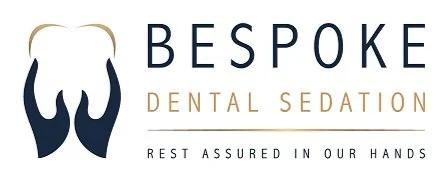sEDATION
PAIN FREE, WORRY FREE & FEAR FREE DENTISTRY with IV DENTAL SEDATION
why so popular?
Safe
Comfortable
Pain Free
Amnesic (no recollection of treatment)
Smooth and rapid recovery
Convenient
Time efficient
Customisable for each patient
What is Intravenous (IV) Sedation?
IV Sedation is a very efficient way of providing anxiety relief and pain control during dental procedures. IV Sedation utilities a combination of sedative and pain-relieving drugs to create a dream-like state that allows a patient to relax throughout their procedure – and experience no pain.
-
Modern anaesthesia is very safe. IV sedation, in particular, is one of the safest forms of anaesthesia.
If you are in good health, the risk of a serious reaction to a general anaesthetic is very small – and to a sedative, is even less.
Thorough consultation before your procedure will help ensure maximum safety for your treatment.
Please see the section on risks below.
-
First, you will be connected to non-invasive monitoring equipment that will ensure the safety of your procedure.
Next, a drip is inserted into a vein, usually in the forearm or the back of the hand, through which the sedative is administered.
Within minutes you will drift off into a state of drowsiness where time seems to pass very quickly.
The induction is very smooth, and you will soon have a feeling of well-being.
Recovery from IV sedation, like the induction, is typically very smooth and without incident.
You are continually monitored during recovery and never left alone.
-
Every medical procedure has risks and you will receive information at your consultation.
The decision to go ahead will only be made after you have received that information.
Please see the section on safety above.
-
Every medical procedure has risks and you will receive information at your consultation.
The decision to go ahead will only be made after you have received that information.
Please see the section on safety above.
Please note: Any surgical or invasive procedure comes with risk. Before proceeding, you should seek advice from an appropriately qualified health practitioner.







